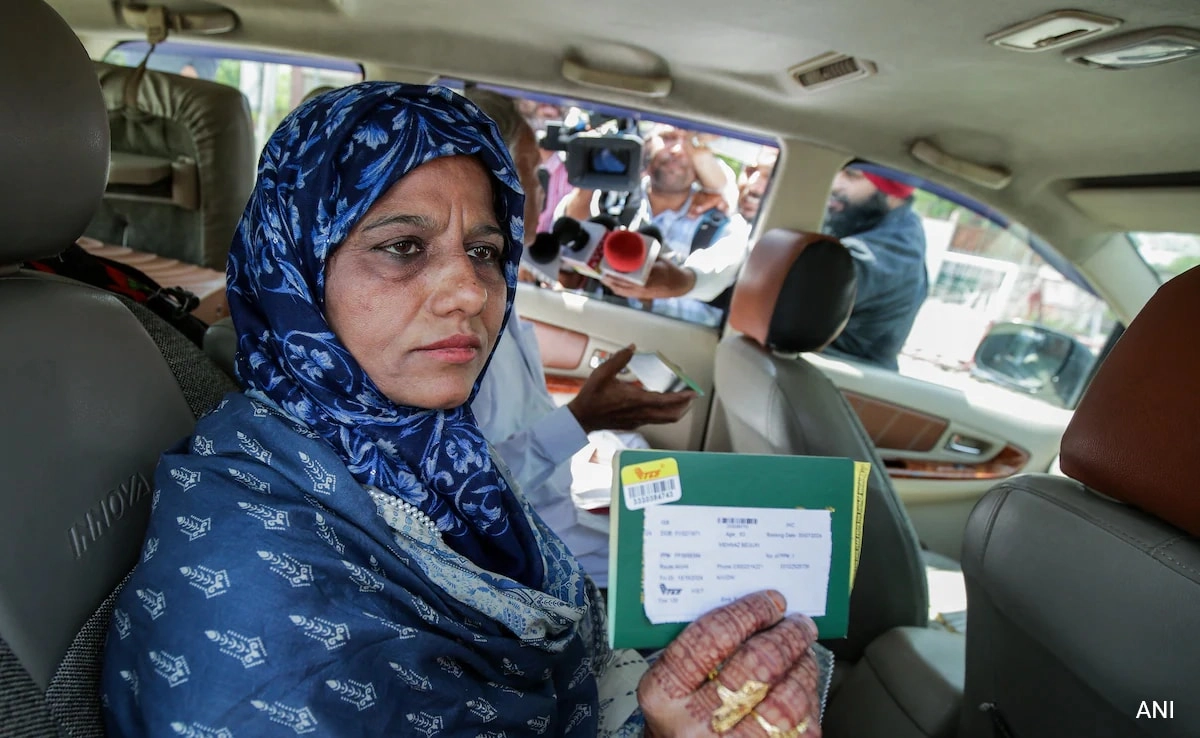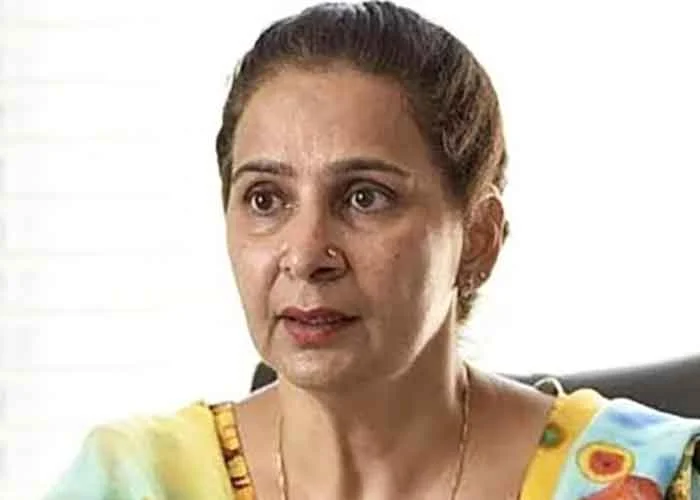As the deadline for applying for medical visas draws near, many Pakistanis find themselves in a state of anxiety and confusion, questioning the fairness of the process. The stringent regulations and compulsory timelines have left numerous patients, who are in desperate need of medical treatment abroad, in a precarious situation. The urgency of their health issues is compounded by the bureaucratic hurdles they face, leading them to wonder, “What is our fault?” This sentiment echoes throughout various communities in Pakistan, where individuals feel that they are being penalized for circumstances beyond their control.
The medical visa application process often involves extensive documentation, interviews, and approvals, which can be daunting for those already grappling with serious health conditions. Many patients and their families are left scrambling against the clock, attempting to navigate a complex system while also dealing with the emotional and physical toll of illness. This situation raises critical questions about the accessibility of healthcare and the responsibilities of governments in ensuring that their citizens have the means to receive necessary medical attention, particularly when such treatment is not available domestically.
As the deadline approaches, stories of individuals who have faced rejection or delays in their visa applications have surfaced, highlighting a systemic issue that needs urgent attention. Advocacy groups and concerned citizens are calling for reforms that would simplify the process and make medical visas more accessible to those in need. The ongoing crisis has sparked broader discussions about healthcare inequality, as many Pakistanis feel that their chances of receiving adequate medical care are increasingly dependent on their ability to meet arbitrary deadlines rather than on the severity of their medical conditions.
In light of these challenges, the question that resonates most deeply among the affected individuals is not just “What is our fault?” but also “What can be done to rectify this situation?” As public discourse continues, it is imperative for policymakers to listen to the voices of those impacted and work towards creating a more compassionate and efficient system. Only through collective efforts can we hope to ensure that every Pakistani has the opportunity to receive the medical care they deserve, regardless of bureaucratic limitations.




